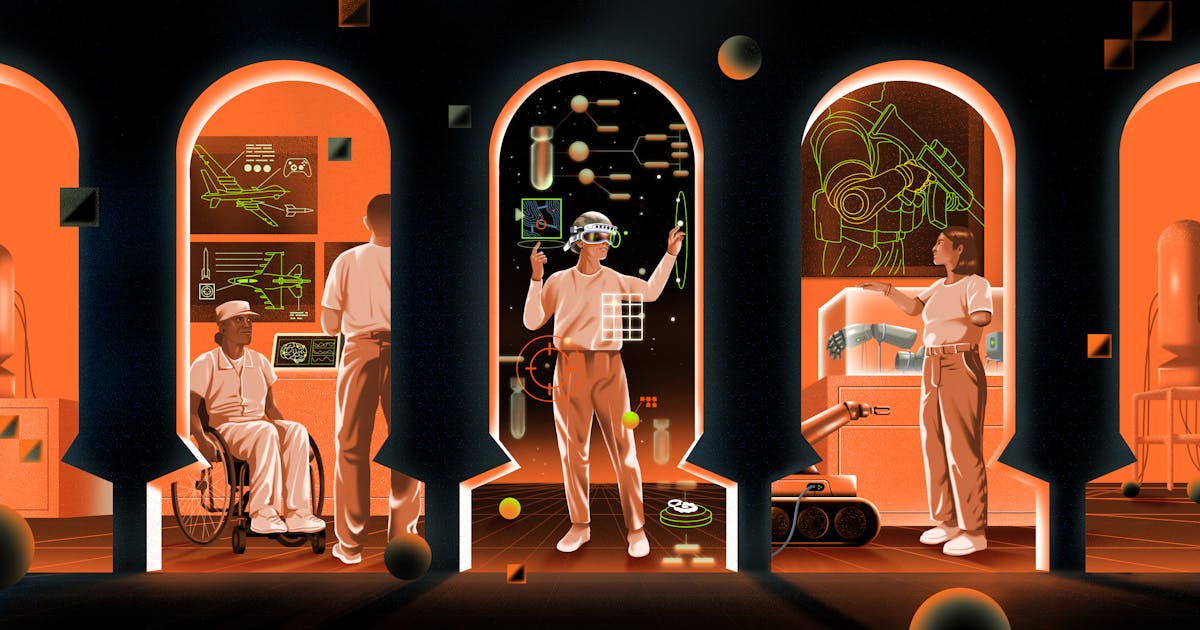In 1971, Senator Jacob K. Javits introduced amendments to the original Wagner-O’Day Act to ensure that individuals with significant disabilities were included in the act. These changes led to the establishment of an independent federal agency, later named AbilityOne, which oversaw the mandatory source of supply for the federal government. This source was awarded on a non-competitive basis to qualifying workshops that aligned themselves with this mission. Over time, AbilityOne has positioned itself as an economic stronghold and a fortress of opportunity, partnering closely with the Department of Defense (DOD), its largest contractor. They believe that the employment of intellectually and developmentally disabled people, as well as blind individuals, is not only ethical but also patriotic.
The Americans with Disabilities Act (ADA) of 1990 brought newfound relevance to the President’s Committee on Employment of People with Disabilities (PCEPD). PCEPD has a long history dating back to a Truman-era resolution calling for “National Employ the Physically Handicapped Week.” At a 1992 ADA Summit, PCEPD hosted their Annual Awards to recognize employers who had exemplary approaches to ADA compliance. The awards laid the foundation for a new era of inclusion that aimed to protect corporations that had benefited from disabled labor under the New Deal.
One notable organization within AbilityOne is LCI, which claims to be the largest employer of blind people in the world. In 2010, LCI acquired Tactical Assault Gear (TAG), a leading tactical gear marketplace. However, TAG’s Instagram page is filled with images that do not cater well to those it purports to support. The captions often include propaganda phrases like “working hard for those who continually shoulder the hard work,” instead of focusing on accessibility and inclusivity.
In conclusion, while organizations like AbilityOne and LCI have made significant strides in promoting disability employment and inclusion, there is still work to be done in ensuring that all individuals are given equal opportunities in these industries. By focusing on accessibility and inclusivity in their marketing efforts and messaging campaigns, these organizations can continue to build upon their successes and create a more inclusive society for all people with disabilities.



